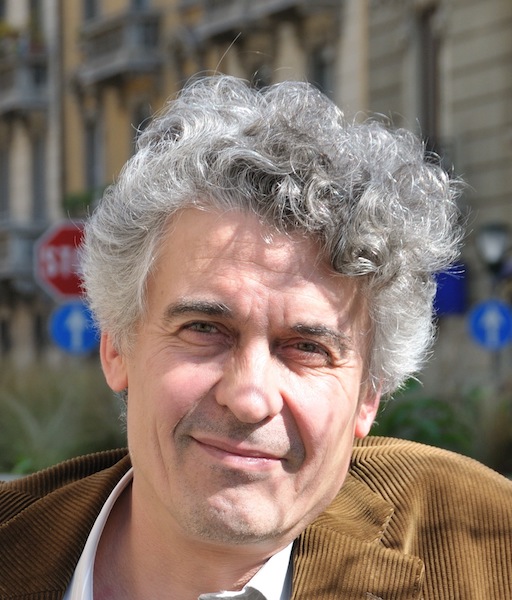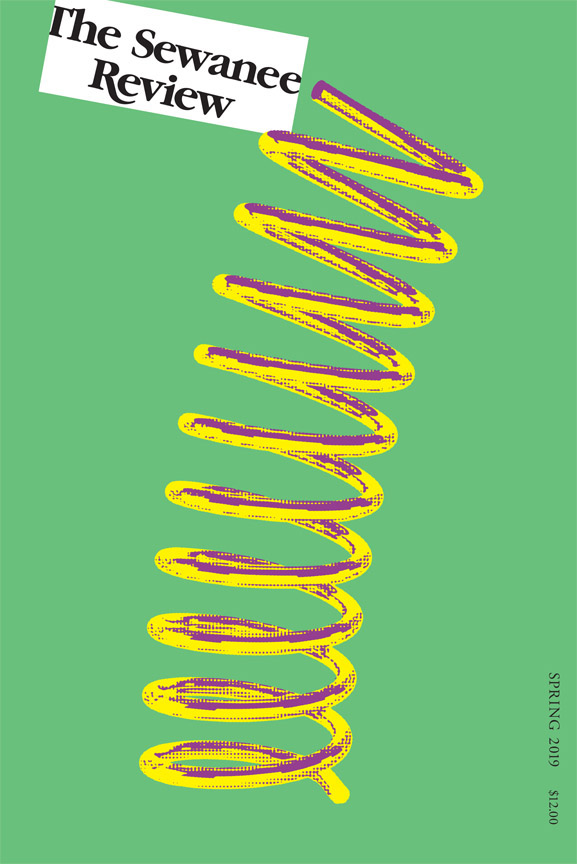In Chiasso, in a ho-humcourtyard at the closeof the fifties, childrenmake a game of scalingthe fences to beat rugs—a puff of metal and grass.Eternal, the afternoon. Relentless,the sheep-in-clouds sky.Relentless, the games.They climb up and hooktheir knees over the crossbeam,hanging head down, arms dangling,and in their irrepressiblelittle voices cry out to the world,“We’re monkeys!Beautiful brown apes, orango-tangos,tiny monkeys doing the ‘Petàce’!”Then they laugh in the late postwar period.“Petacci,” they’re correctedby a mother with a long memory.“Play all you want, don’t hurt yourselves,but the saying is ‘Do the Petacci.’ And remember:she wasn’t the only oneto swing there.”
History of the Language
Fabio Pusterla
Translated from the Italian by Will Schutt
Historical Note
Clara Petacci, Mussolini’s mistress, was captured and executed with the Italian dictator.
Feature Date
- July 11, 2019
Series
- Translation
Selected By
Share This Poem
Print This Poem
Copyright © 2019 by Will Schutt
All rights reserved.
Reproduced by Poetry Daily with permission.

Fabio Pusterla was born in Mendrisio, Switzerland, in 1957. He is the author of several collections of poetry. His most recent, Cenere, o Terra (Ashes, or Earth), was published by Marcos y Marcos in 2018. An active translator and essayist, he lives and works between Lombardy and Lugano, where he teaches Italian language and literature.
Will Schutt is the author of Westerly (Yale University Press, 2013) and translator, most recently, of My Life, I Lapped It Up: Selected Poems of Edoardo Sanguineti(Oberlin College Press, 2018). He lives in Baltimore and co-curates Policromia, an annual international festival of poetry and translation in Siena, Italy.

Spring 2019
Sewanee, Tennessee
University of the South
Editor
Adam Ross
Managing Editor & Poetry Editor
Eric Smith
Assistant Editors
Hellen Wainaina
Jennie Vite
Founded in 1892 by the teacher and critic William Peterfield Trent, the Sewanee Review is the longest-running literary quarterly in America. The SR has published many of the twentieth century’s great writers, including T. S. Eliot, William Faulkner, Eudora Welty, Wallace Stevens, Saul Bellow, Katherine Anne Porter, Marianne Moore, Seamus Heaney, Hannah Arendt, and Ezra Pound. The Review has a long tradition of cultivating emerging talent, from excerpts of Cormac McCarthy and Flannery O’Connor’s first novels to the early poetry of Robert Penn Warren, Sylvia Plath, Robert Lowell, and Christian Wiman. “Whatever the new literature turns out to be,” wrote editor Allen Tate in 1944, “ it will be the privilege of the Sewanee Review to print its share of it, to comment on it, and to try to understand it.” The mission remains unchanged.
Poetry Daily Depends on You
With your support, we make reading the best contemporary poetry a treasured daily experience. Consider a contribution today.



